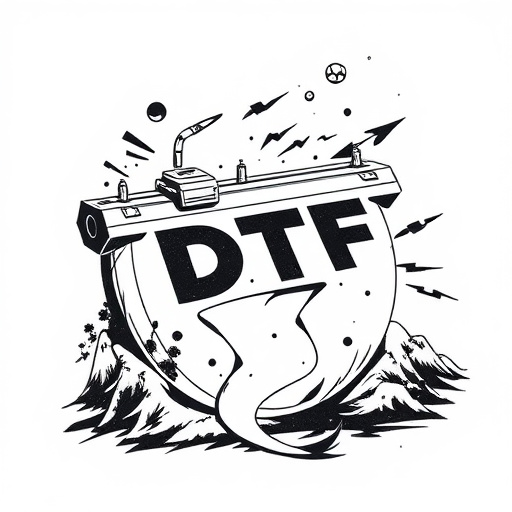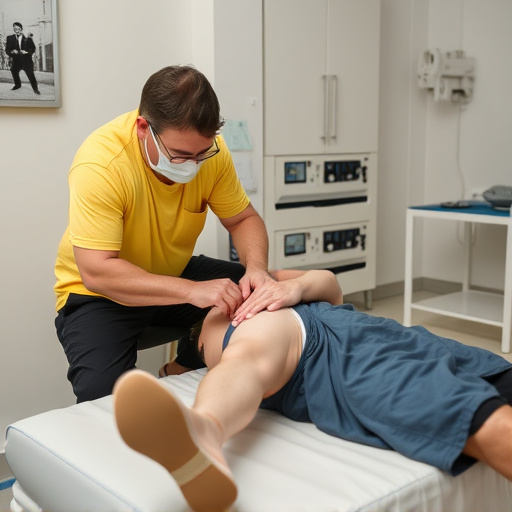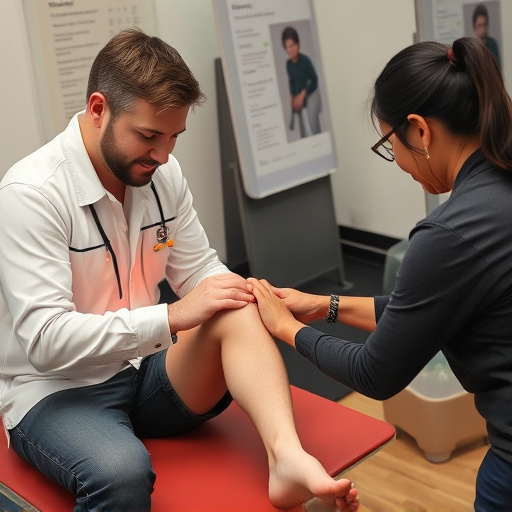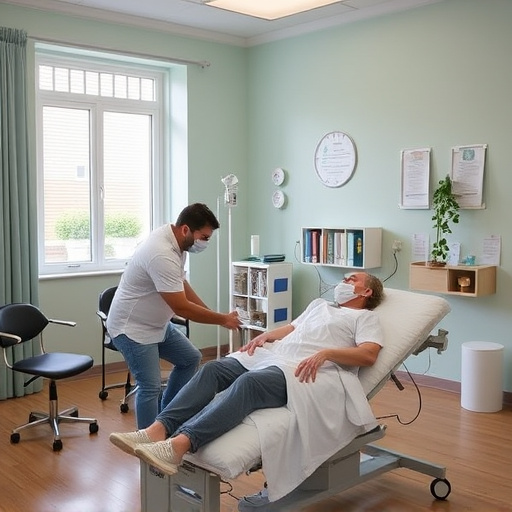Military personnel face complex injuries requiring immediate medical attention and long-term rehabilitation. Holistic military injury treatment combines physical and mental therapies, focusing on integrated care for both body and mind. This approach, emphasizing functional rehabilitation and non-invasive treatments, addresses chronic pain, PTSD, and other long-term effects of service. The goal is to enhance quality of life, build resilience, and facilitate successful reintegration into civilian or active duty life with improved health and mental fortitude.
In the realm of military injury treatment, understanding complex injuries and their unique challenges is paramount. These injuries often entail not just physical trauma but also profound mental health impacts. This article explores an integrative approach by combining physical and mental health therapies to address these multifaceted issues effectively. We delve into holistic care strategies that enhance quality of life and resilience among military personnel, emphasizing the importance of a comprehensive treatment model tailored to their specific needs.
- Understanding Complex Military Injuries and Their Unique Challenges
- Integrative Approach: Combining Physical and Mental Health Therapies
- Holistic Care: Enhancing Quality of Life and Resiliency in Military Personnel
Understanding Complex Military Injuries and Their Unique Challenges

Military service members often face unique challenges when it comes to their health, particularly when dealing with complex injuries sustained during deployment. These injuries can be a result of combat-related incidents, accidents, or exposure to extreme environments, leading to a wide range of physical and psychological issues. What sets military injury treatment apart from civilian care is the need to address not only the immediate medical needs but also the long-term rehabilitation and reintegration of service members into their communities.
Complex military injuries often involve damage to multiple systems, including musculoskeletal, neurological, and psychological aspects. For instance, a service member might suffer from severe back pain relief due to a spinal injury, coupled with joint pain relief and limited mobility. Traditional treatment methods may not adequately address these multifaceted issues, emphasizing the importance of an integrated approach. Functional rehabilitation plays a crucial role in helping injured military personnel regain their physical capabilities and adapt to any lasting impairments, ensuring they can lead fulfilling lives post-service.
Integrative Approach: Combining Physical and Mental Health Therapies

In military injury treatment, adopting an integrative approach that combines physical and mental health therapies has proven to be highly effective in addressing the complex needs of service members. Beyond focusing solely on the physical wounds, this holistic strategy recognizes the intricate link between a soldier’s physical recovery and their mental well-being. By incorporating both traditional and alternative therapeutic modalities, healthcare professionals can tailor treatments to individual experiences.
This comprehensive care model facilitates not only mobility improvement and joint pain relief but also provides essential back pain relief, which is prevalent among military personnel due to the demanding nature of their duties. Through this integrated lens, therapists can address psychological challenges like post-traumatic stress disorder (PTSD) alongside physical therapies aimed at restoring movement and alleviating chronic pain. This dual focus empowers service members to heal on all levels, fostering a faster and more sustainable recovery process.
Holistic Care: Enhancing Quality of Life and Resiliency in Military Personnel

Military injury treatment is not just about healing physical wounds; it’s about fostering holistic care that enhances the quality of life and builds resiliency in personnel. This approach recognizes that military service can have lasting impacts on both the mind and body, leading to issues like chronic pain relief, post-traumatic stress, and other complex conditions. By incorporating non-invasive treatment methods alongside traditional care, we can support a comprehensive recovery process.
Holistic care emphasizes addressing not just the injury itself but also the individual’s psychological, emotional, and social well-being. This approach encourages military personnel to develop coping mechanisms and build resilience, enabling them to adapt and thrive even in challenging situations. Ultimately, this holistic perspective on military injury treatment is key to ensuring that service members can return to active duty or civilian life with improved physical health, mental fortitude, and a renewed sense of purpose.
In addressing complex military injury treatment, a holistic approach that integrates physical and mental health therapies emerges as a powerful tool. By combining these strategies, we can significantly enhance the quality of life and resiliency of military personnel, ensuring they receive comprehensive care tailored to their unique challenges. This integrative method not only supports their physical recovery but also fosters emotional well-being, enabling them to overcome the complexities associated with military injuries effectively. Thus, adopting a combined therapies approach in military injury treatment is pivotal for optimal patient outcomes and overall resilience.














